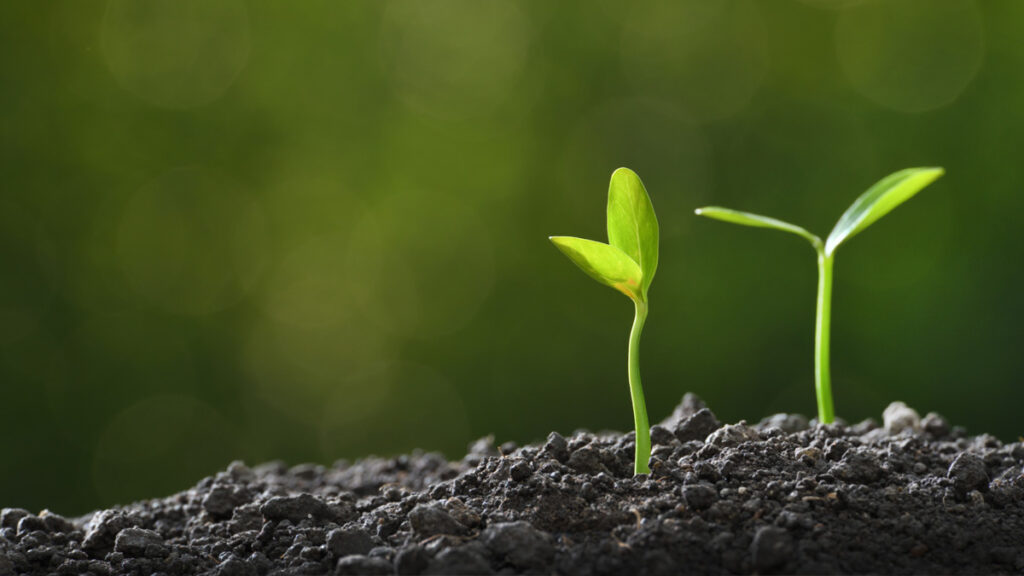Where are the world’s top start-up ecosystems?

Start-up ecosystems are created by people, various organisations and start-up companies in different stages of growth, which interact with one another to create and scale new start-up companies.
Where excellent start-up ecosystems are present, there are more opportunities for businesses to successfully scale. We took a closer look at the top start-up ecosystems around the world.
This list is in no particular order.
USA
According to StartupBlink’s global start-up ecosystem map, eight US cities were ranked in the top 20 of the world’s best cities for start-ups. San Fransisco and New York took the first and second spots on this list, but Seattle, Chicago and Austin also made the top 20.
There are several reasons why the US is such a great place for start-ups, including its massive consumer market which is the third largest in the world and various tax incentives for businesses. Another reason is the availability of VC funding. In 2021, US companies raised a whopping $329.9bn in venture capital.
Finland
The Finnish tech ecosystem is one of the best in the world. In 2022, its 3821 start-ups and scaleups were worth €48.2b in combined enterprise value, aided by the country’s philosophy of free trade and openness to investment in the globalised economy.
Although there are 1,300 corporates and 1,087 investors present in this thriving ecosystem, 46.6% of VC investment in Finnish start-ups in 2021 came from outside Europe, demonstrating its attractiveness to foreign investors. Plus, this Nordic country provides excellent infrastructure to support its tech businesses as evidenced by famous tech conferences like SLUSH.
Israel
Nicknamed “the start-up nation”, despite having a population of just nine million, Israel has developed an incredible 98 unicorn companies, 42 of which were added in 2021 alone. A big reason for this is due to a massive influx of investment in big tech, with 270 multinational companies now calling the country home.
Israel’s close ties to the US have also been beneficial, with 24.7% and 19.6% of Israeli unicorns being headquartered in Silicon Valley and New York respectively.
UK
The UK’s position on this list is largely due to the start-up ecosystem present in London, which is ranked the third-best city for start-ups by StartupBlink. There are 83 UK cities ranked in the top 1,000, with the UK’s next-best start-up ecosystem, Manchester, taking the second spot.
London is especially notable for its position as a global fintech hub. Despite global investment in fintech dropping by nearly a third in 2022, London firms managed to secure $10.2bn worth of investment, just a 5% drop from 2021.
United Arab Emirates
The UAE’s most populous city, Dubai, is the only city in the Middle East to feature in the top 100 on the Global Startup Ecosystem Index, coming in at number 61. Serving as a bridge between London and New York in the West and Hong Kong and Tokyo in the East, Dubai’s strategic location and supportive environment have helped to create a thriving ecosystem for start-ups.
Access to funding is also hugely significant for Dubai’s dominance in the MENA region. According to Magnitt’s Emerging Venture Markets Report, UAE-based start-ups received the most funding and generated the highest number of deals in 2021, raising $1.2bn, a 93% increase from 2020.
Canada
Ranked fourth on the Global Start-up Ecosystem’s Index, Canada’s market-oriented economic system, high living standards and proximity to the US have helped to make it an excellent place for start-ups and easily able to attract foreign talent.
The Canadian government also provides plenty of support for businesses in the form of tax breaks, credits and refunds. This support extends to grants for Canadian universities, which are some of the world’s best and have incubators embedded in their system.
Germany
With more than 60,000 start-ups in highly specialised sectors, Germany has one of the most vibrant and attractive start-up ecosystems in the world. German start-ups are most active in the ICT sector, with medicine and public health, and food and consumer goods, as the next two most popular sectors.
Thanks to hundreds of entrepreneurship centres, innovation hubs and acceleration programs, there are vibrant ecosystems in Berlin, Bavaria, Baden-Württemberg and North Rhine-Westphalia, which collectively account for two-thirds of the total number of start-ups in the country.
France
Valued at $89bn in 2021 with $5bn in total early-stage funding, the French start-up ecosystem is another of Europe’s best. The Paris metro area alone is home to 12,000 startups, which is more than in London and Berlin.
France’s tech start-ups are also highly attractive to venture capitalists: the $11.5bn invested in them in 2021 puts them third in Europe, behind the UK and Germany. Macron’s France 2030 plan has dedicated nearly €15bn to French start-ups too, so it can continue growing.
Nigeria
One of Africa’s “big four” start-up ecosystems alongside Egypt, Kenya and South Africa, the Nigerian capital, Lagos, is ranked the top start-up ecosystem in West Africa by StartupBlink. According to the Nigerian Startup Ecosystem Report 2022, 425 (88.4%) of Nigeria’s 481 tech start-ups are based in the capital.
Nigeria’s first open living lab and pre-incubation space, the Co-creation Hub, provides a variety of support to help Nigerian start-ups grow. This includes a quarterly networking event and an incubation programme, where participating start-ups receive $25,000, access to follow-on funding, free office space, and more.
China
According to the Global Startup Ecosystem Report 2022, China’s capital, Beijing, and Shanghai are ranked the fifth and eighth-best cities in the world for start-ups. Beijing’s ecosystem alone was worth an incredible $795bn in 2021, more than three times as much as Shanghai’s ($250bn).
Thanks to a successful shift from a manufacturing economy to one that nurtures high-tech innovations, China is now home to more than 300 unicorns. Their innovation-friendly policies, effective collaboration between academia and industry, and huge consumer market provide an excellent environment for start-ups to thrive.
Brazil
Latin America is the fastest-growing start-up region in the world and Brazil is at the heart of it. The total exit amount for Brazilian companies grew from $1bn in 2020 to $49bn in 2021, with Brazil’s capital, São Paulo, home to 2,770 start-ups, the highest number in Brazil by a long way, and 11 unicorn companies.
As the Latin American hub for some of the world’s leading banks, start-ups in the city have improved access to capital, whilst The University of São Paulo offers some of the world’s best academic programs in STEM subjects, meaning there is access to some incredibly talented people too.
India
According to The State of Indian Start-up Ecosystem Report 2022, India is home to the world’s third-largest start-up ecosystem based on the number of start-ups and unicorns. The South Asian country is home to more than 57,000 start-ups and the report predicts that it will be home to 250 unicorn companies by 2025.
According to StartupBlink, Bangalore is the best city for start-ups in India, with education, transportation and retail start-ups, in particular, performing excellently there. Thanks to its large population and relative cost-effectiveness when running a business, India offers excellent growth potential for budding businesses.




